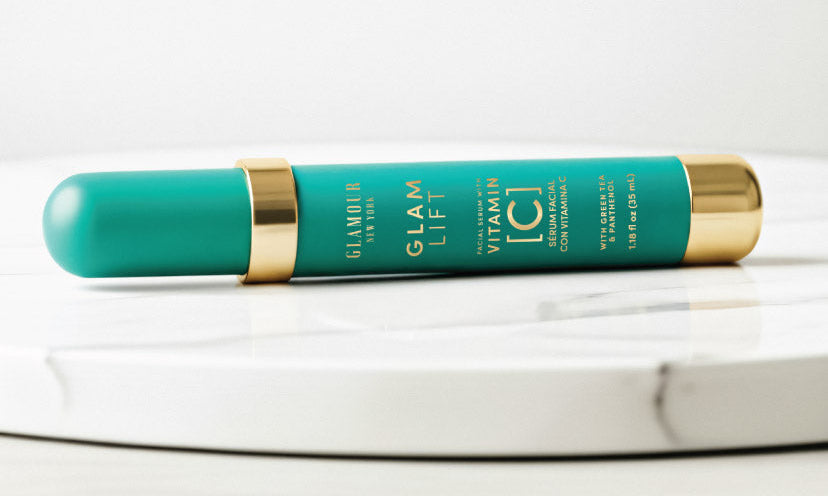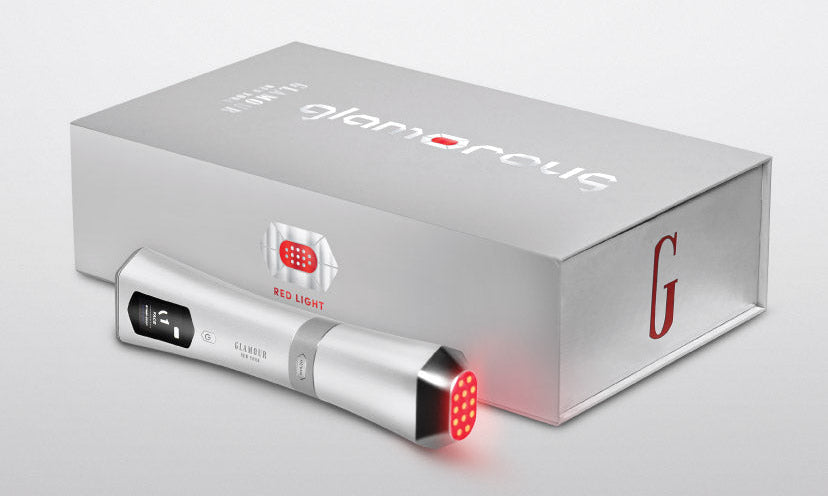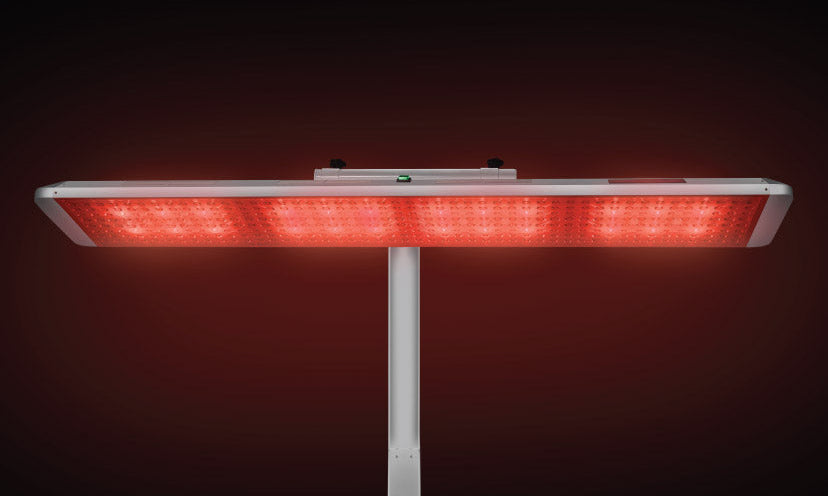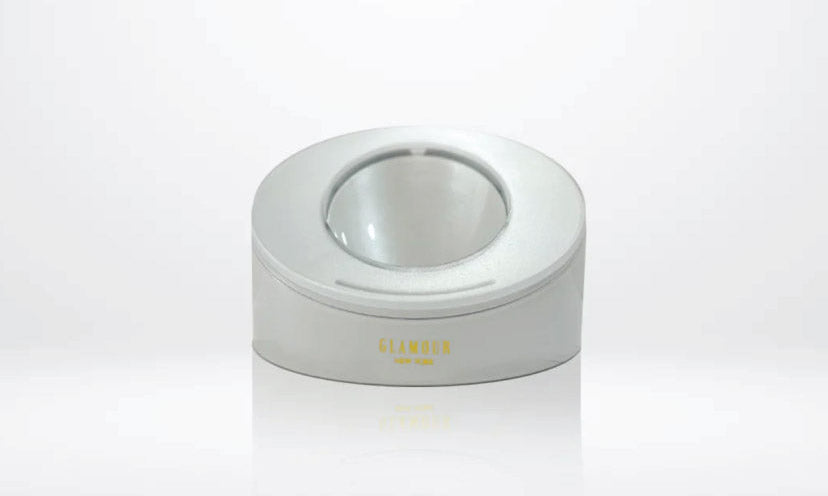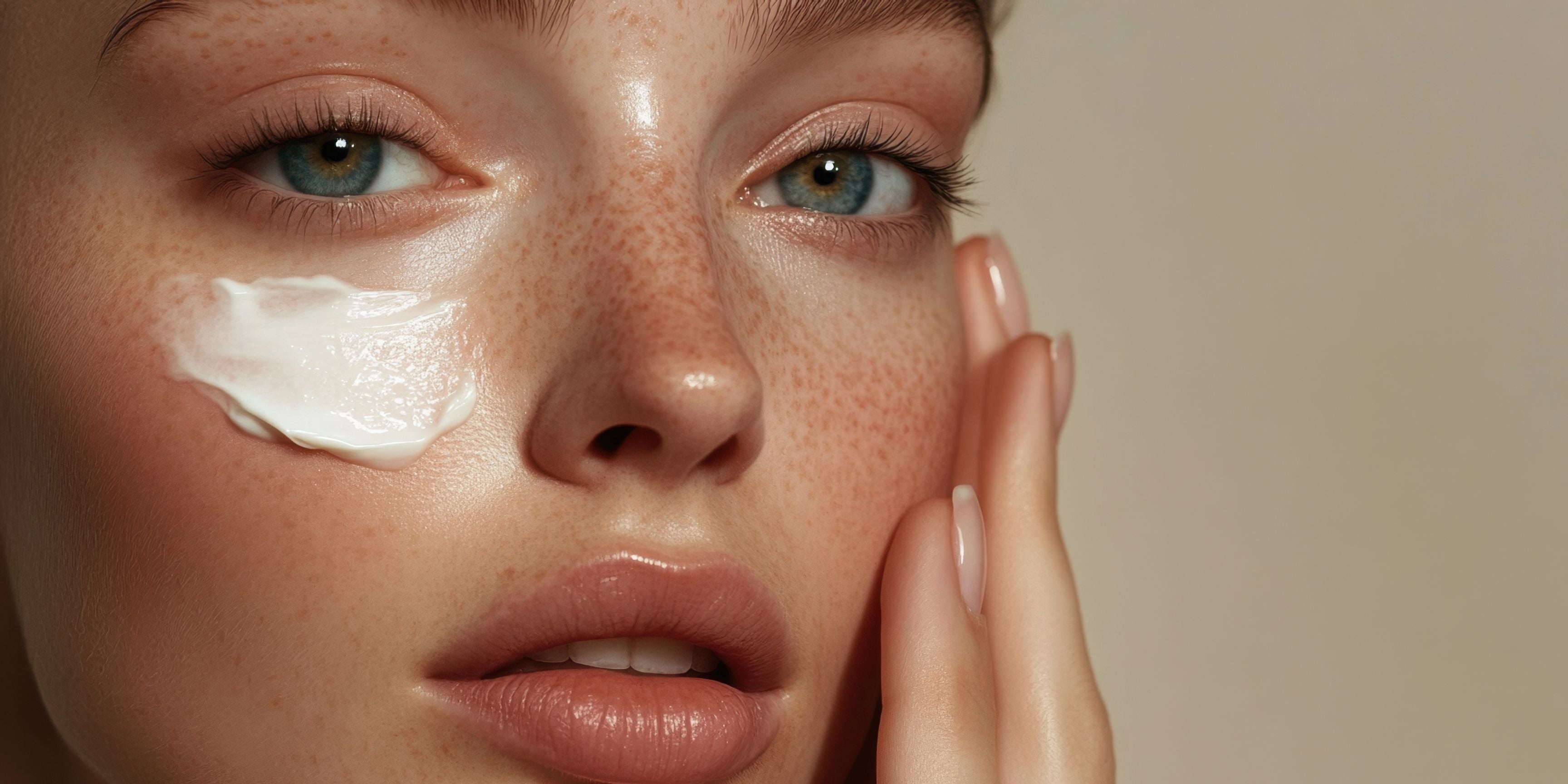Your skin barrier is your first line of defense — and as you age, it’s more vulnerable. In this guide, you’ll learn how to repair skin barrier anti aging, strengthen skin barrier wrinkles, and support a resilient, youthful skin barrier. We’ll walk through science, proven ingredients, routines, and product recommendations you can trust.
Understanding the Skin Barrier and Why It Matters for Aging
What Is the Skin Barrier and How Does It Work?
The skin barrier (primarily the stratum corneum) is a layered structure of corneocytes embedded in lipid bilayers made of ceramides, fatty acids, and cholesterol. This “brick-and-mortar” system helps retain moisture and prevent environmental insults. The acid mantle (slightly acidic pH) and tight junctions further protect against microbes and irritants. PMC+1
The Connection Between a Weak Barrier and Premature Aging
When barrier lipids degrade or the acid mantle is disrupted, transepidermal water loss (TEWL) increases, leaving skin dry, inflamed, and more prone to wrinkle formation. Chronologically aged skin shows compromised permeability, reduced hydration, and elevated pH, all contributing to barrier dysfunction. PMC
Signs Your Skin Barrier Is Damaged
- Persistent tightness or dryness
- Sensitivity and irritation
- Flaky, rough patches
- Redness or stinging with new products
- Fine lines that worsen despite anti-aging efforts
How Aging Affects the Skin Barrier
Natural Lipid and Collagen Loss Over Time
With age, the number and quality of barrier lipids (ceramides, fatty acids) decline, thinning the barrier and reducing its repair capacity. PMC+1 Meanwhile, collagen and elastin degrade, exacerbating wrinkle formation.
The Role of Environmental Stressors and UV Exposure
UV radiation, pollution, and free radicals accelerate barrier lipid breakdown and inhibit lipid synthesis. Antioxidants help counter this damage. ScienceDirect
Hormonal Changes and Their Impact on Skin Resilience
Hormonal shifts (e.g. menopause) reduce natural oil secretion and barrier repair ability, making mature skin more susceptible to damage.
The Science of Repair: How to Rebuild and Strengthen Your Skin Barrier
How Hydration and Humectants Support Barrier Function
Humectants like glycerin and hyaluronic acid draw water into the skin, reducing TEWL and enhancing barrier hydration. Combined with emollients and occlusives, these support barrier hydration.
Balancing Exfoliation: Repairing Without Over-Stripping
Overuse of strong acids or exfoliants can further impair barrier function. A gentle, buffered approach (low %, infrequent use) is safer for aging skin.
The Role of Antioxidants in Fighting Wrinkles and Free Radicals
Antioxidants (vitamin C, niacinamide, polyphenols) help neutralize ROS (reactive oxygen species) from UV and pollution, reducing oxidative damage to barrier lipids and collagen. ScienceDirect+1
Best Skincare Practices to Strengthen the Skin Barrier and Prevent Wrinkles
Daily Routine for Barrier Repair and Anti-Aging
Morning Routine:
- Gentle cleanser (low pH, non-stripping)
- Antioxidant serum
- Barrier repair cream or serum
Evening Routine:
- Double cleanse (oil + gentle wash)
- Barrier repair treatment (cream or serum)
- Anti-aging actives (retinol, peptides) as barrier tolerance allows
- Lock-in moisturizer
Layering Products for Maximum Absorption and Results
Apply from lightest to heaviest. Start with hydrating serums, then reparative serums, then barrier creams. Let each layer absorb.
How to Combine Barrier Repair with Anti-Aging Actives Safely
Introduce retinoids, acids, or other actives gradually. Use barrier repair products to buffer irritation, apply actives at night, and avoid layering too many exfoliants.
Top Anti-Aging Ingredients That Support Barrier Health
Niacinamide for Barrier Strength and Wrinkle Reduction
Niacinamide helps stimulate ceramide synthesis, improve barrier function, and reduce fine lines through anti-inflammatory pathways.
Peptides and Growth Factors for Collagen Renewal
Peptides support collagen production and may complement barrier repair by strengthening dermal support.
Hyaluronic Acid for Deep Hydration and Firmness
Hydration is essential to barrier resilience. Hyaluronic acid supports water retention and suppleness.
Retinoids and Bakuchiol: How to Use Them Without Damaging the Barrier
Retinoids are gold standard anti-aging agents, but they can irritate a weak barrier. Start with lower concentrations, buffer with barrier creams, or alternate nights. Bakuchiol offers a gentler alternative for sensitive barrier skin.
Common Mistakes That Damage the Skin Barrier
Over-Exfoliation and Harsh Cleansers
Excessive use of acids, scrubs, or alkaline cleansers strips lipids and compromises barrier integrity.
Skipping Moisturizer or Using Alcohol-Based Products
Moisturizers with ceramides, lipids, and humectants are crucial. Alcohol, menthol, fragrances can aggravate barrier weakness. PMC+1
Using Too Many Actives at Once
Stacking multiple retinoids, acids, and exfoliants overwhelms barrier repair. Introduce one at a time.
Expert Tips to Maintain a Healthy Barrier for Youthful Skin
Lifestyle Habits That Strengthen the Skin Barrier
- Hydrate, avoid smoking
- Moderate sun exposure and use SPF
- Maintain balanced sleep, reduce stress
- Gentle cleansing rituals
Nutrition and Supplements for Barrier Repair (Omega-3s, Antioxidants)
Eating omega-3 rich foods (fish, flax) may support barrier lipids. Antioxidant-rich diet further helps reduce oxidative stress.
How to Adjust Your Routine Seasonally or With Age
In colder months, boost richer creams; in humid months, lighter hydration. Mature skin may need more frequent lipid replenishment.
Choosing the Right Barrier Repair and Anti-Aging Products
What to Look for in a Barrier Repair Cream or Serum
- Ingredients: ceramides, cholesterol, fatty acids, niacinamide, hyaluronic acid
- pH near skin’s acidic range
- Tested for sensitivity
- Backed by clinical or lab evidence
Full-Spectrum Protection: From Moisturizers to Sunscreens
Use skincare that supports barrier health holistically — from cleansers, moisturizers, to SPF. Avoid formulas with irritants.
When to See a Dermatologist or Skin Expert
If damage is persistent, barrier issues cause inflammation, or you have underlying conditions (rosacea, eczema), professional consultation is advised.
Frequently Asked Questions (FAQ)
Q: Can a damaged skin barrier cause wrinkles?
A: Yes. A compromised barrier increases TEWL and inflammation, making collagen breakdown and wrinkle formation more likely.
Q: How long does it take to repair a damaged barrier?
A: Many improvements (hydration, softness) can appear in 2-4 weeks, but full lipid balance and wrinkle reduction may take 8–12+ weeks.
Q: Should you use retinol while repairing the barrier?
A: Yes, carefully. Start with low doses, buffer with barrier creams, and alternate nights to avoid irritation.
Q: What’s the best barrier repair routine for sensitive aging skin?
A: Use gentle cleansers, limited actives, barrier creams with ceramides & lipids, and introduce new actives slowly.
Q: Does barrier repair help with sagging skin?
A: Indirectly. Barrier repair improves hydration and reduces inflammation, creating better conditions for collagen and firmness support.
Healthy Barrier, Youthful Glow
Your barrier is not just a protective shield — it’s essential for reducing wrinkles, preserving hydration, and maintaining resilient, youthful skin. By focusing on anti aging barrier repair through smart ingredients, safe routines, and consistent care, you can reinforce your skin’s natural defenses and slow visible aging effects.
If you’d like help turning this into a product-linked content piece (e.g. linking to barrier repair creams or treatments on your site) or creating a downloadable “Barrier Repair Cheat Sheet,” just let me know!
